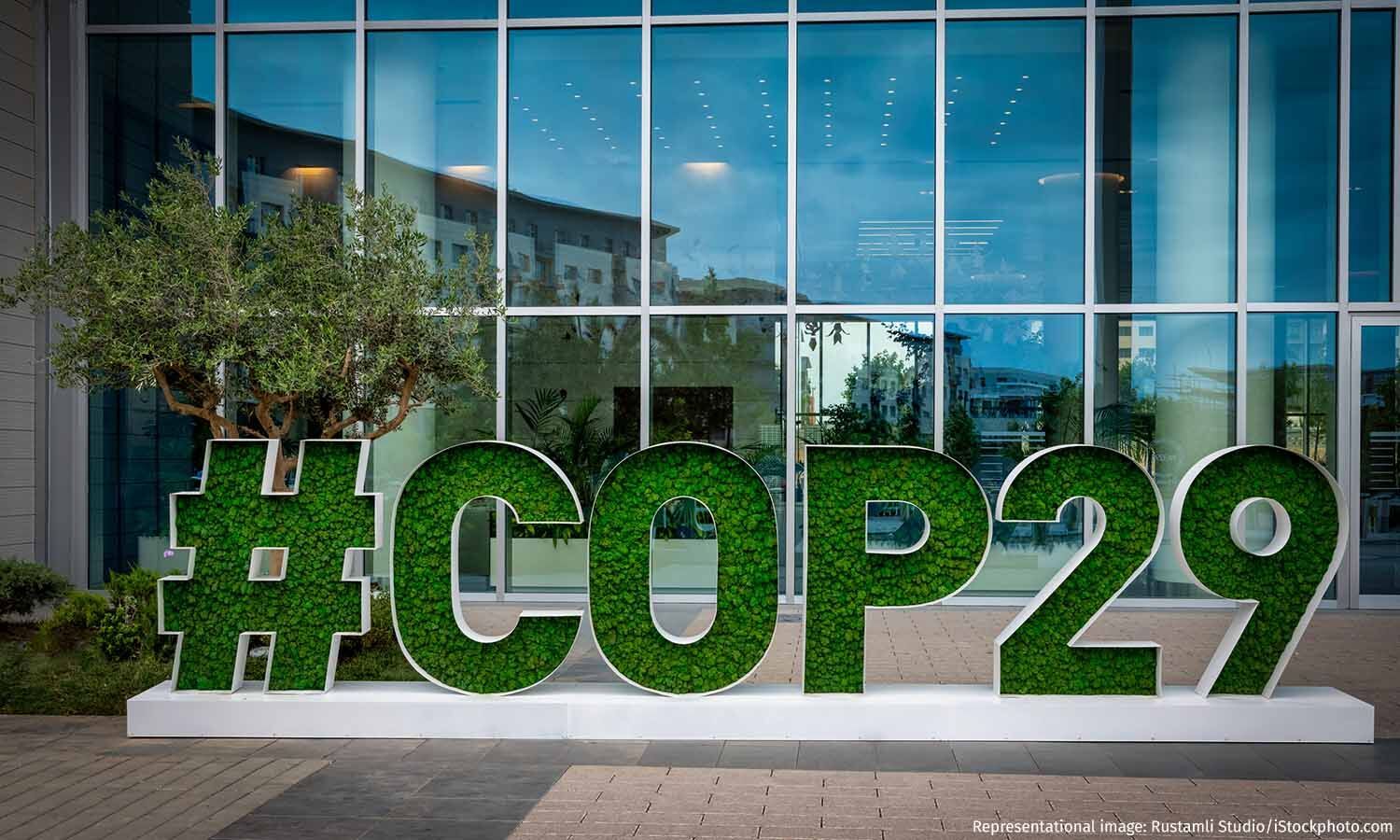To address the climate change crisis, developed countries need to take a leading role in setting ambitious NDCs that not only reduce their own emissions but also support developing countries' growth needs while accounting for the global emission gap.

Here are some key points that can be gleaned from the NDC Synthesis report and expert opinions:
- Global emission peaking: Developed countries must set a target to peak their emissions by mid-century, with a commitment to immediately end new coal approvals and phase out coal by 2030.
- Sectoral energy transition targets: Wealthy countries should reflect sectoral energy transition targets in their NDCs, including plans for full power sector decarbonisation by 2035.
- End of fossil fuels: There should be explicit targets for phasing out all fossil fuels by mid-century, starting with a commitment to end new oil and gas licensing.
- Renewable energy tripled: Countries must continue to support the transition to renewable energy, tripling current levels or more in some cases.
- Energy efficiency doubled: Energy efficiency levels should be doubled to ensure that existing emissions are reduced through better use of energy.
The following experts highlighted the importance of these points:
- Manish Kumar Shrivastava, Associate Director, Earth Science and Climate Change, The Energy and Resources Institute: "Given the historical responsibility of developed countries, early peaking of global emissions has to be driven by their collective ambition even if emissions from developing countries rise to meet their immediate development needs."
- Madhura Joshi, India Lead at E3G: "Wealthy countries must lead the way and reflect sectoral energy transition targets in their NDCs. These must include plans for full power sector decarbonisation by 2035..."
- UNEP Executive Director Inger Andersen: "NDCs 3.0 are our chance to do something. They are in fact our last chance to avoid overshooting 1.5°C."
In conclusion, to effectively tackle the climate crisis, developed countries need to set ambitious NDCs that prioritize sectoral energy transition targets and phasing out fossil fuels. This will not only help achieve global emission peaking but also provide a positive signal for international cooperation and support for developing countries' sustainable development.
